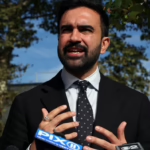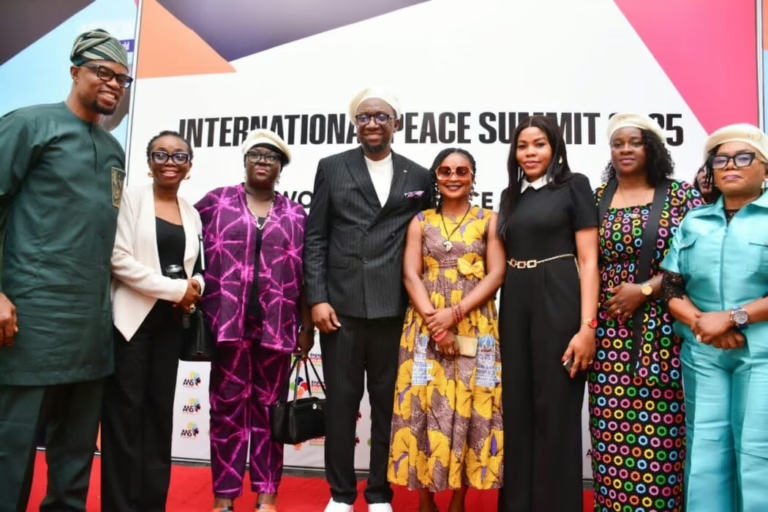In honor of the 2025 International Day of Peace, the Engage Empower Educate Initiative (EEEI), a prominent non-governmental organization, has introduced a comprehensive Peace Manual. This resource is crafted to empower communities, educational institutions, and leaders with actionable methods to foster harmony and peaceful coexistence throughout Nigeria and the broader African continent.
The launch event, held yesterday in Abuja under the theme “Act Now for a Peaceful World,” brought together a diverse group of stakeholders including civil society representatives, peace advocates, and influential women leaders. The gathering emphasized the urgent need to combat violence, hatred, and social inequality across Africa.
In his keynote speech, Belema Meshack-Hart, Executive Director of EEEI, highlighted the critical importance of proactive peacebuilding efforts within communities, schools, and political arenas. “Peace is increasingly fragile in our world today, but immediate and collective action can rewrite this story,” he asserted.
Meshack-Hart drew a stark comparison between the current surge in intolerance and the devastating 1994 Rwandan Genocide. “Within a mere 100 days, nearly one million lives were extinguished. This horrific event underscores the destructive power of silence and bias,” he remarked.
He commended Rwanda’s commitment to remembrance and reconciliation, particularly through the Kigali Genocide Memorial, which serves as a beacon of healing and education aimed at preventing future atrocities.
“Peace is a deliberate pursuit-it requires us to remember, educate, and consciously choose a path of nonviolence,” he explained.
Further elaborating, Meshack-Hart described the Peace Manual as more than just a publication; it is a strategic guide for fostering dialogue, resolving conflicts, and nurturing unity. The manual is tailored for use in classrooms, community discussions, and leadership development programs, emphasizing early peace education and intervention at grassroots levels.
Additionally, the event marked the introduction of the Women Peace Ambassadors Initiative, which aspires to train 10 million women peacebuilders across Africa over the next ten years.
“Women frequently bear the brunt of conflict’s impact, yet they also possess unparalleled strength as advocates for peace. Investing in their leadership is essential,” he emphasized.
This initiative places women at the heart of peace dialogues, reconciliation efforts, and post-conflict recovery, establishing one of the continent’s most inclusive and far-reaching peacebuilding endeavors.
Dr. David Okoror, Chief Security and Governance Strategist at the International Centre for Security and Governance Studies, urged women to embrace a more prominent role in societal transformation and sustainable development.
Okoror pointed out that despite being disproportionately affected by policy decisions, women remain significantly underrepresented in leadership and conflict mediation roles.
“Women must step forward boldly,” he encouraged. “Their numbers, influence, and leadership potential equip them uniquely to prevent conflicts and foster peace-not only locally but across regions and globally.”
He called on women to move beyond frustration and complaints about systemic challenges, advocating instead for organized action and direct engagement with societal issues. “Have confidence in your abilities,” he urged. “Become the catalysts for sustainable communities and thriving enterprises.”
The summit concluded with a powerful panel discussion reinforcing the call to action: “Act now. You have the power. You are women-and you can lead the way.”

















